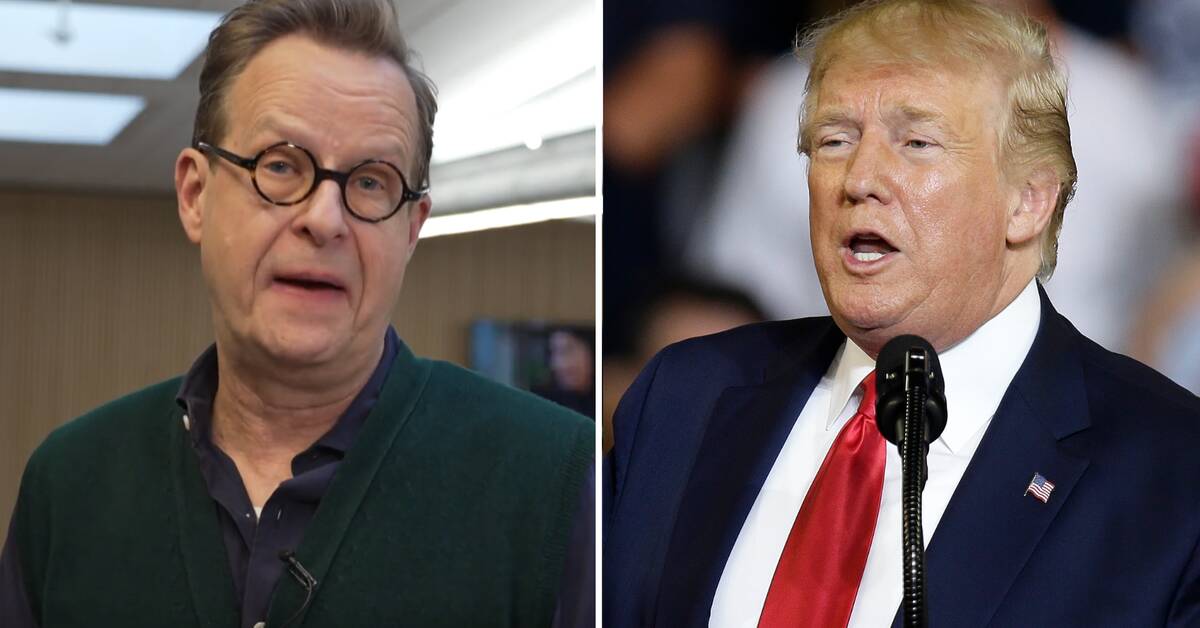It is mouth-watering reading,
rap and precisely American journalistic prose of the best kind, fantastically deeply researched.
Haberman maintains a matter-of-fact and controlled tone, yet the book is in large parts straight fun reading: like a wacky farce about a gang that manages to conquer the White House without knowing how it works.
For me, the benefit is that the reading gives an opportunity to reflect on how Trump's presidency shifted the boundaries of what is conceivable, then of course not predominantly in a funny way.
After the Islamist
terrorist attacks in Paris in 2015, Trump said in a campaign speech that he witnessed 9/11 from Jersey City surrounded by thousands of Muslims who cheered when the Twin Towers fell.
None of this is true: Trump was not in Jersey City, nor were there any cheering crowds (however, there were reports that a smaller number of people were seen cheering in another location in northern New Jersey, this was investigated by police who found no evidence because it happened).
The untruth was immediately denounced by diligent American journalists.
Nevertheless, it generated a strong positive response in public opinion and inspired Trump to propose a total ban on Muslims entering the US - which in turn generated more positive response in public opinion and became one of Trump's central campaign promises (but then proved impossible to implement once he became president ).
So Donald Trump
showed that we somehow ended up in a situation where a lie can work at least as well as a truth, and where pure imagination about what to do can work just as well as an elaborate policy in the fight for the voters' trust.
There, I think the unlikely story of Donald Trump's political success points to an enduring challenge for the world.

